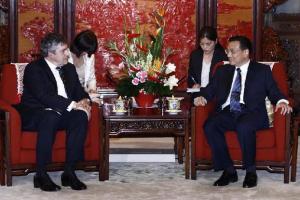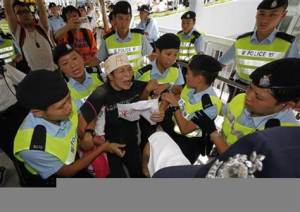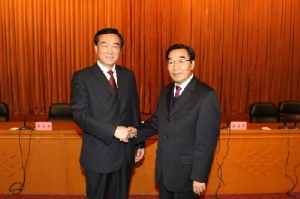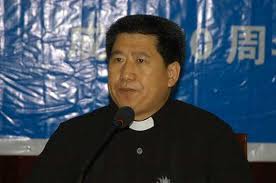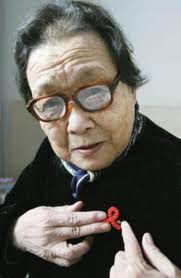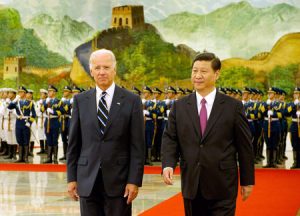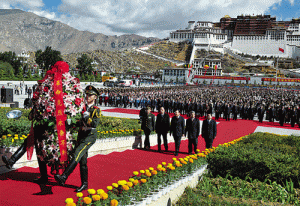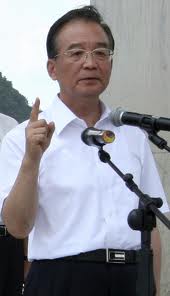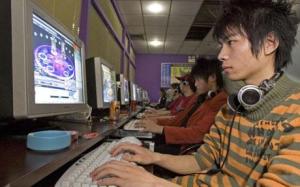The South African government’s refusal to grant the Dalai Lama a visa has caused outrage this week. Many who look to South Africa as an example of where non-violence has succeeded over oppression have been sorely disappointed by this snubbing of the Nobel Peace Prize Laureate. Archbishop Desmond Tutu, who’s 80th birthday celebrations the Dalai Lama was to attend, made a particularly scathing speech over the affair, saying that the ANC were “worse than the apartheid government”.
Many have made the obvious connection to South African Deputy President Kgalema Motlanthe’s recent visit to China and the deals signed there over mineral resources and financial cooperation. It seems obvious that China would use these deals as leverage to prevent a high-profile visit by His Holiness to South Africa, and this may very well be the case. But the Dalai Lama’s initial application for a visa was made back in August, and even then the South African government began delaying the process claiming that His Holiness’ paperwork was incomplete and making other bureaucratic excuses. Certainly Beijing could have been applying pressure from a distance at that stage, but this is usually done quite vocally with public announcements of how the wrong decision could hurt the feelings of the Chinese people. In the absence of such proclamations it seems more likely that Cape Town acted preemptively to please China and win favour in the then upcoming talks.
If this is indeed what happened, it would form part of a growing trend amongst governments to offer political gifts to China in the hope of better relations. In 2008 the British government changed it’s official policy on Tibet from it being under Chinese suzerainty to recognising it as part of China, with no obvious reciprocal benefit for Britain from China. That same year Malawi became the most recent country to switch diplomatic relations from Taiwan to China. And this year Tajikistan ceded 1,158 sq km of its own territory to China in an act of obvious appeasement.
It is clear that these “gifts” are an attempt to cosy up to what is fast becoming the world’s second superpower, but they are also alarmingly reminiscent of the attitude of various nations towards Nazi Germany during the 1930s. Just as then, it seems governments of the world are prepared to overlook human rights abuses and military ambitions in exchange for security and financial gain. But worse than that, they now seem to be becoming willing agents of China’s oppression, even acting without the empty promises that Neville Chamberlain was prepared to accept.
We can only hope that the negative publicity the South African government has received over this debacle will make other governments think twice about making such preemptive gestures for China’s benefit in future. If not, we may end up with history repeating itself.
